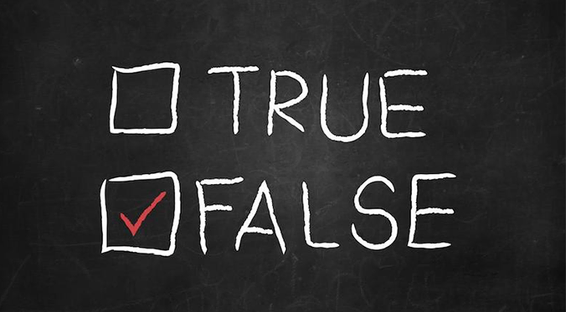What are the Differences Between Dying Intestate, with a Will, and with a Trust
January 10, 2019
Do I Really Need a Trust?
February 9, 2019
At some point in your life you have heard that you should do estate planning, or you have been told that you should create a will or a trust. Maybe you don’t know exactly why or what estate planning is but have just been told in a general sense that it is a good thing to do or some may have told you that it is a vital thing.
You may listen to Suze Orman, who tells everyone it is a crucial financial document. You may have been recommended to an estate planning attorney years ago by your financial planner and you, for your new year’s resolution are committing to finally get it done. You may have created a simple will years ago and wonder if it is still valid or if it is enough for you all these years later. To give you a nudge in the right direction, I have compiled a few misconceptions that stop people from getting the estate planning they need to do done.
Misconception #1: Estate planning is only for the truly wealthy. This is false. It may even be more vital for those with fewer assets to do some wise estate planning. For instance, if you have minor children and you have life insurance and/ or a primary residence, it is vital for the “what-ifs” in life that you create an estate plan. If you pass away and your minor children have not been planned for, your estate will go through a lengthy court process and you will not oversee who is to take care of your children and your finances once you are gone. This is just one example in which an estate plan can help those that are less wealthy.
Misconception #2: Estate planning is only for old people. This too is false. As you can see from misconception #1, estate planning can save a family with minor children from falling apart when tragedy strikes. None of us oversee when tragedy does strike. Estate planning, again, may even be more important for the younger generation, often called the sandwich generation. Often, the sandwich generation is not only raising their minor children, but they are also taking care of parents who can no longer care for themselves. It is vital that these responsibilities are addressed in a well-crafted estate plan.
Misconception #3: Estate planning means creating a will. This too is false. In fact, in California a will is usually secondary to a trust. A will does not avoid probate and since probate is such a hairy process in California, you want to avoid probate with a well-crafted trust. This planning saves your loved one’s time, hassle, money, and privacy. Further, a will and trust can typically be all you need after you pass away. What about periods of mental incapacity, when you cannot take care of your own decisions medically and financially. A comprehensive estate plan typically includes documents that plan for these possibilities as well.
There are other considerations that must be considered when estate planning. How are your assets titled? This may negate or contradict the well-thought out estate plan that you create. You must hold title to your assets in a way that complements your estate planning documents.
Before jumping into your own estate planning, you should consult a professional to at least get a gauge on the documents that you need in your plan and see how much an estate plan in your situation would cost. Our office has many methods to save you money both in the short term and long term. Give us a call at (951) 304-3431.

